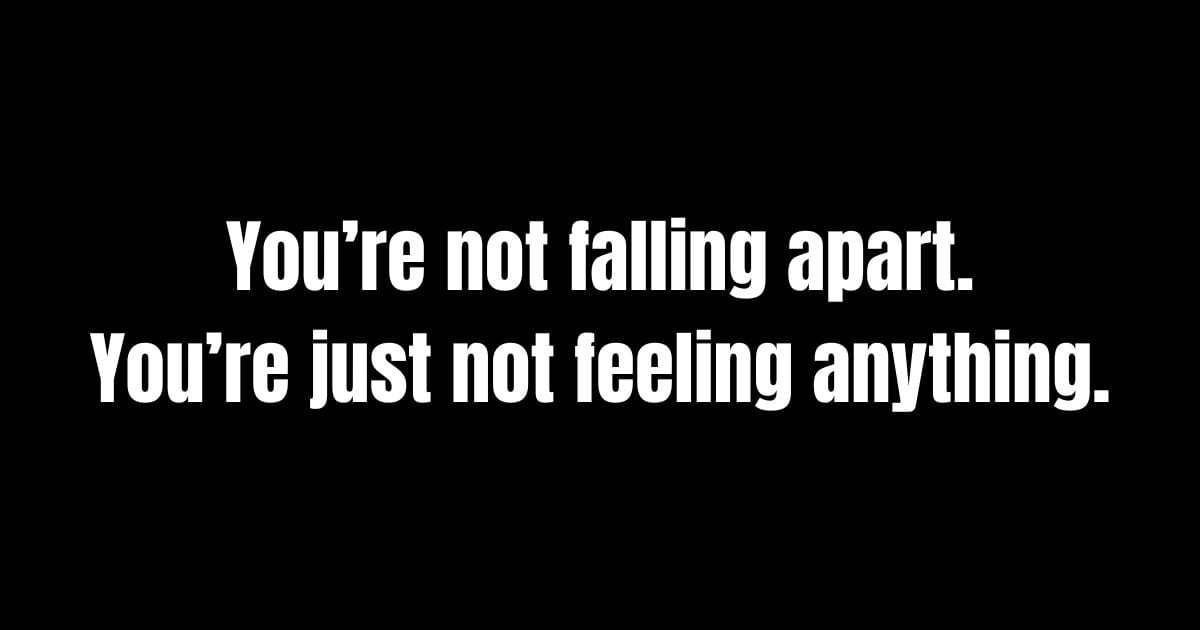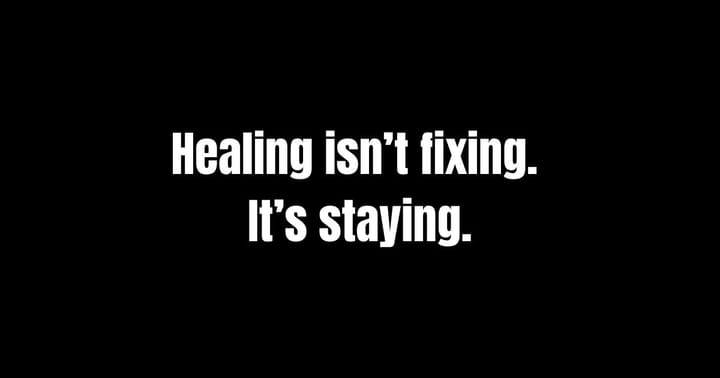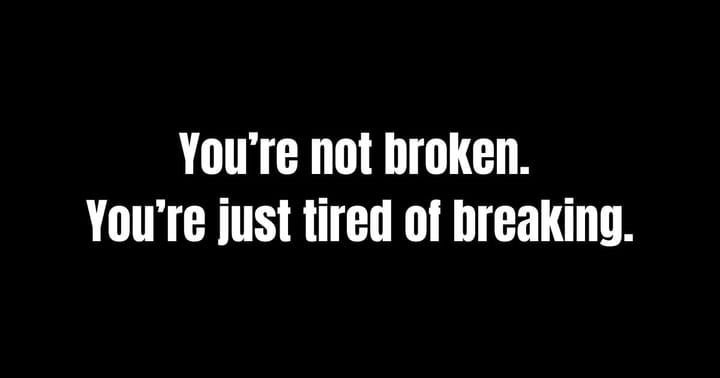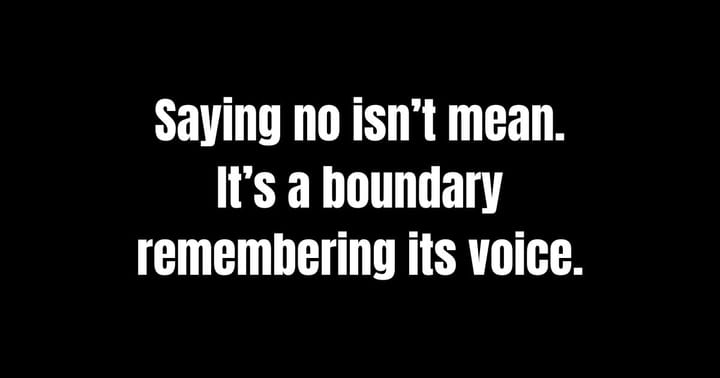The Quiet Kind of Burnout No One Talks About
You’re not falling apart. You’re just not feeling anything. This is the kind of burnout that hides behind capability and what it means when your exhaustion becomes invisible.

The Quiet Kind of Burnout No One Talks About
(And Why It’s So Easy to Miss When You’re Still Functioning)
Have you ever looked at your own life and felt completely disconnected from it?
Not dramatically.
Not in flames.
Just ... worn out in a way that doesn’t look like burnout at all.
You’re still answering emails.
Still showing up.
Still laughing at the right moments.
But inside, you’re watching it all happen from just slightly too far away.
This is the burnout no one talks about. Because it doesn’t look like collapse.
It looks like coping.
It Doesn’t Happen All at Once
This kind of burnout sneaks in quietly.
It starts with small things:
Delaying messages.
Avoiding plans you used to enjoy.
Forgetting why you walked into the room.
Then it becomes a texture. A mood. A muting of your own internal responses.
You're not unhappy. You're just... not much of anything.
And that’s what makes it so hard to name because the outside is still holding but the inside has long since left the building.
I Thought I Was Just Bored
I kept telling myself it was a phase.
That I needed a new project, a change of pace, a better morning routine.
But no new notebook or sleep app fixed it.
Because it wasn’t boredom.
It was depletion.
A slow drain.
The cost of holding it together without ever stopping to ask what it was costing me.
Because I was functioning and I thought that meant I was fine.
Burnout Isn’t Always Loud. Sometimes It’s Just Absence.
We expect burnout to come in a crash.
Tears, missed deadlines and ignored calls.
But sometimes it’s just this:
You’re sitting in a room you used to love
and you feel... flat.
You can’t remember the last time something felt exciting.
Not because your life is bad but because you’ve been running without restoration for too long.
You're emotionally out of signal.
And the bar keeps filling slower each day.
You Don’t Have to Earn Rest by Breaking First
This kind of burnout doesn’t come from doing too little.
It comes from doing too much for too long with no room to refill.
Emotional labour. Invisible decisions.
The weight of always being the one who steadies the room.
You’re allowed to feel it even if no one else sees it.
You’re allowed to name it even if everything looks fine.
You don’t have to collapse to give yourself permission to stop.You don’t have to fall apart to ask for less.
You can start here.
With one honest sentence:
I’m not okay.
And then take a breath. And then another. And another.


